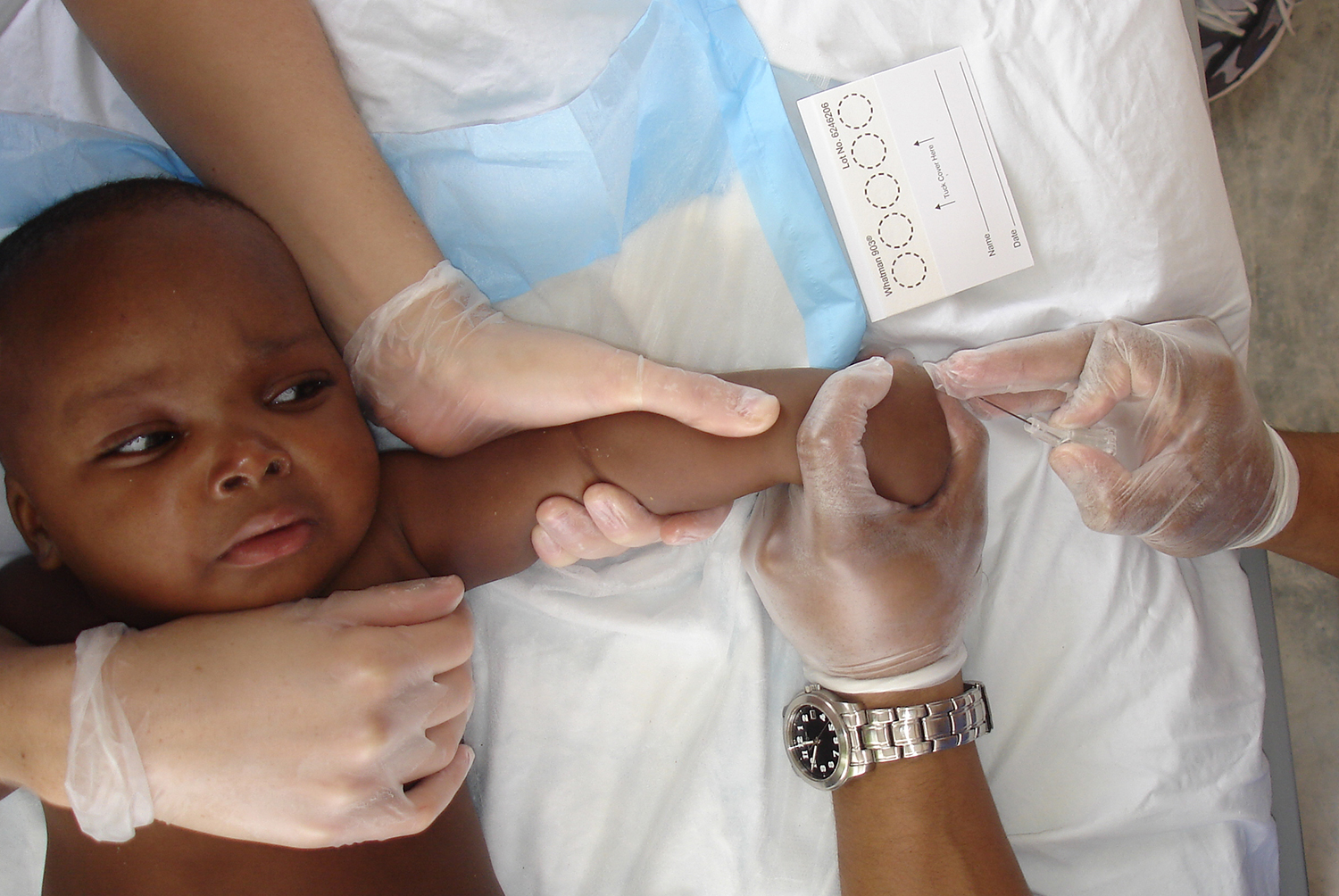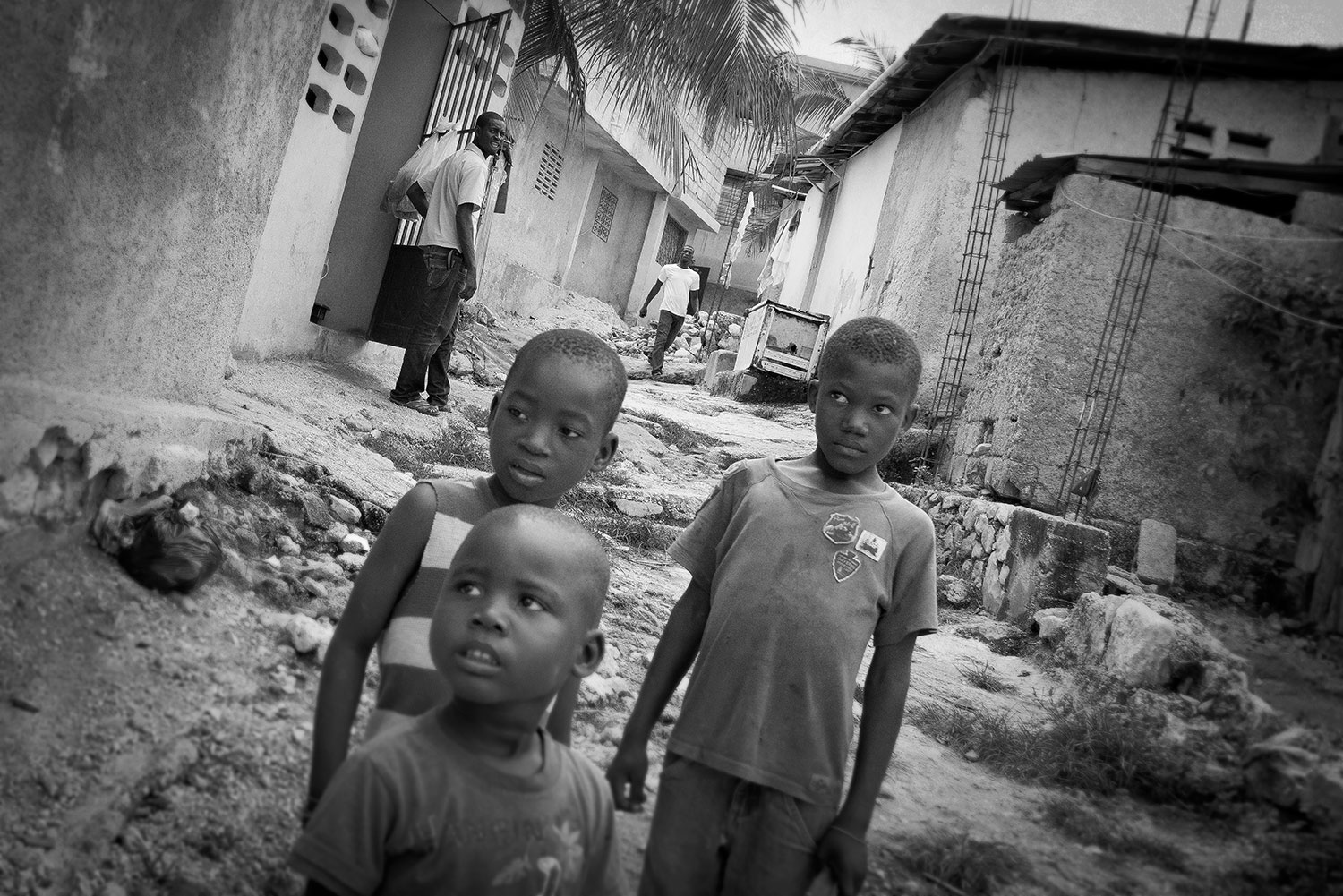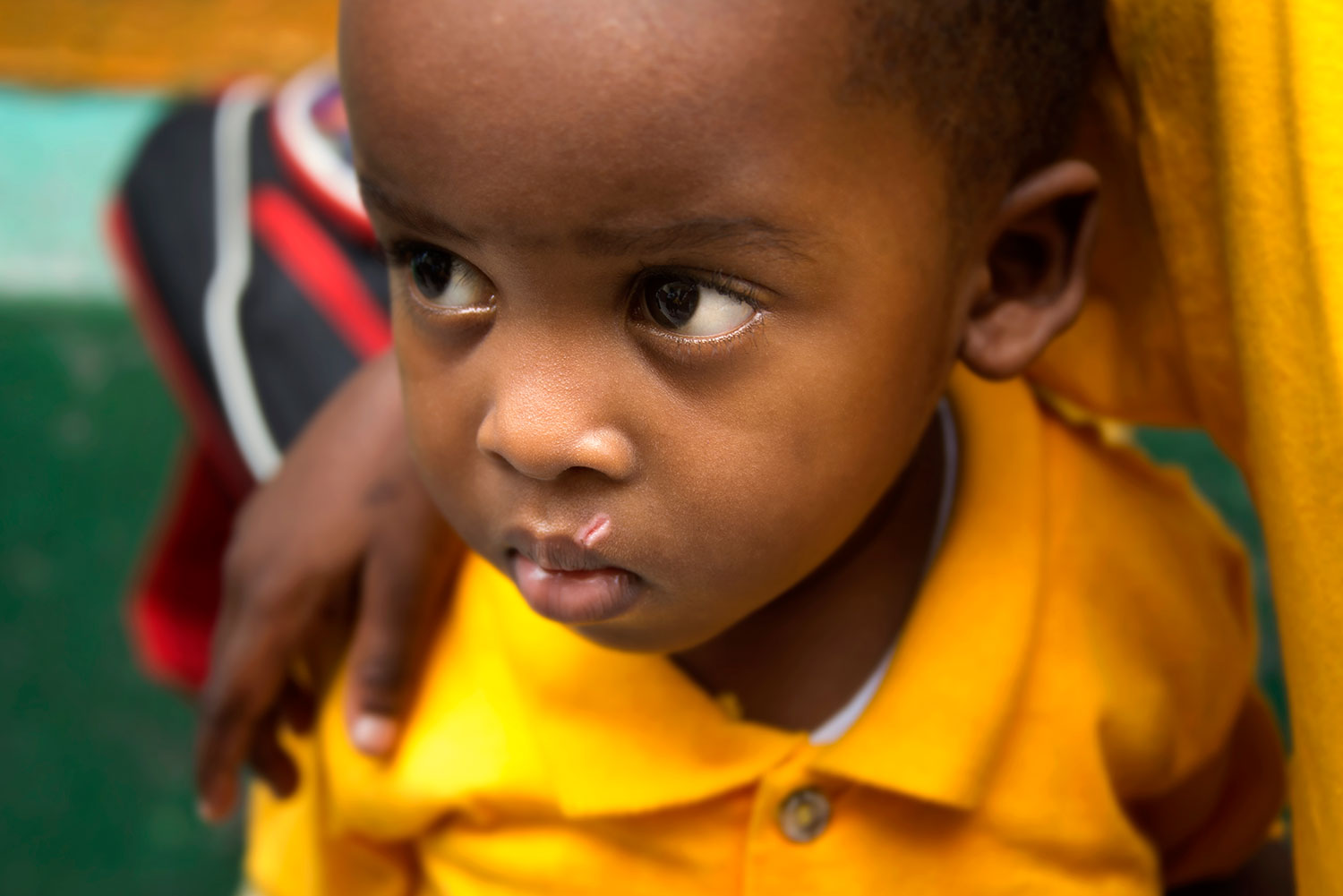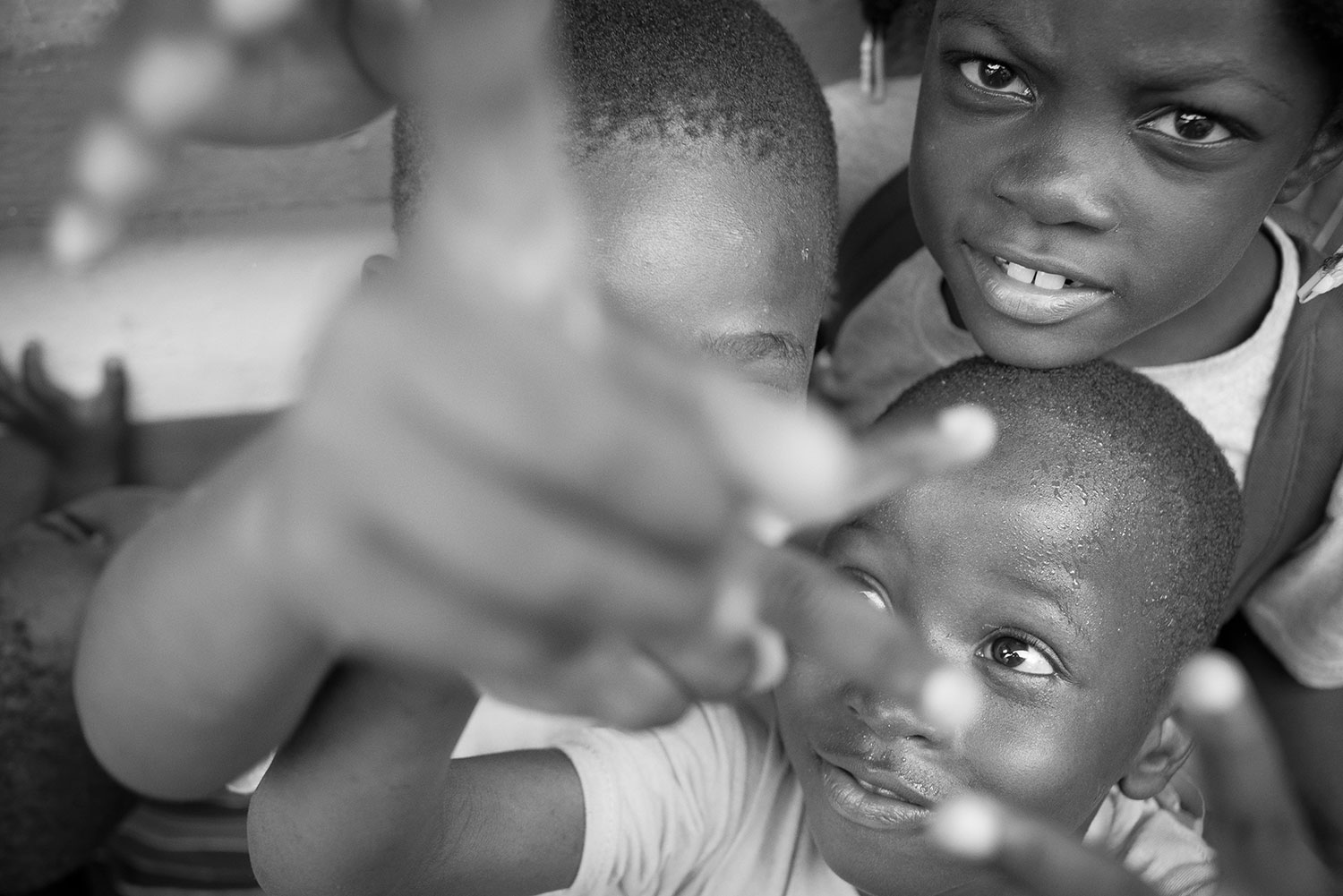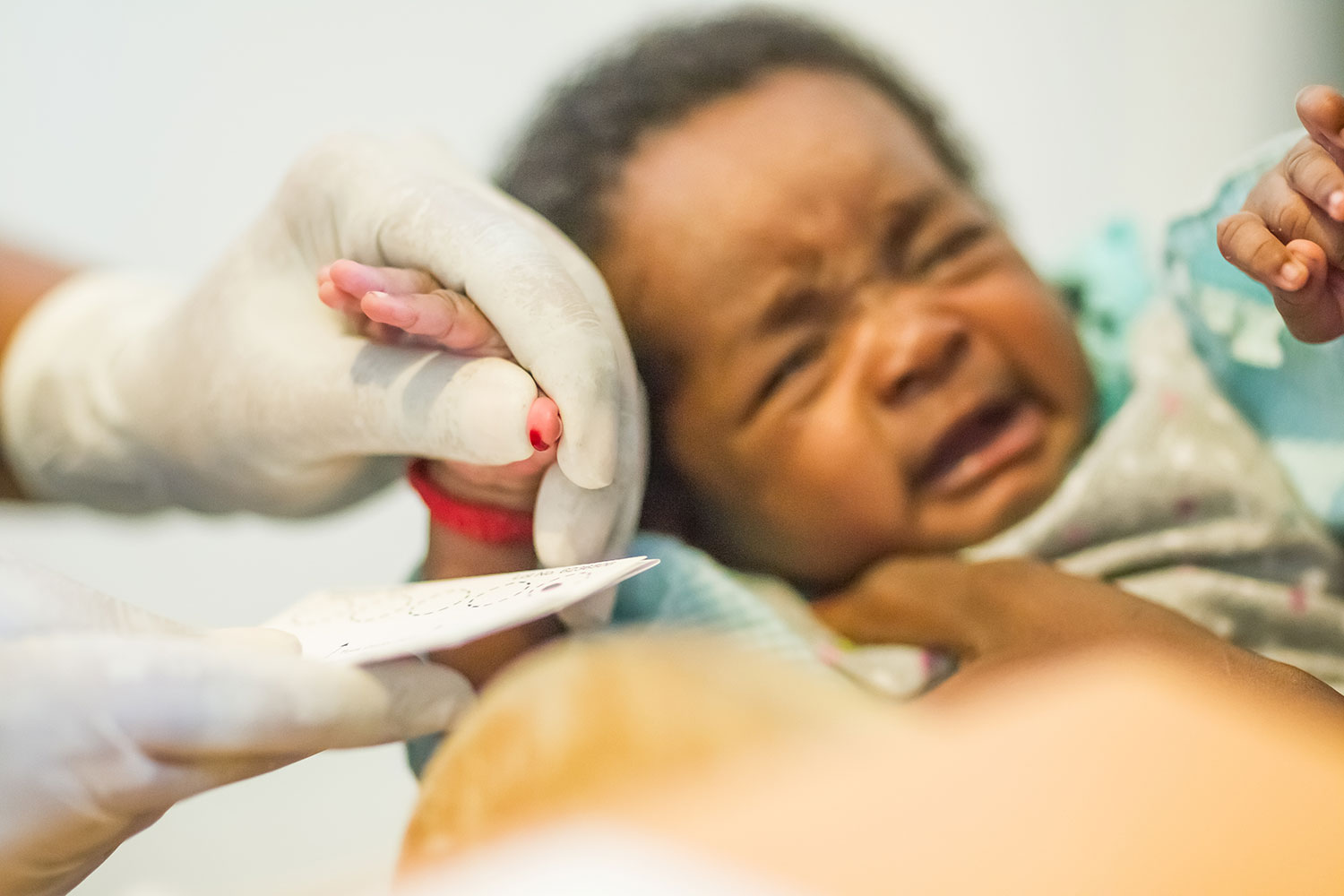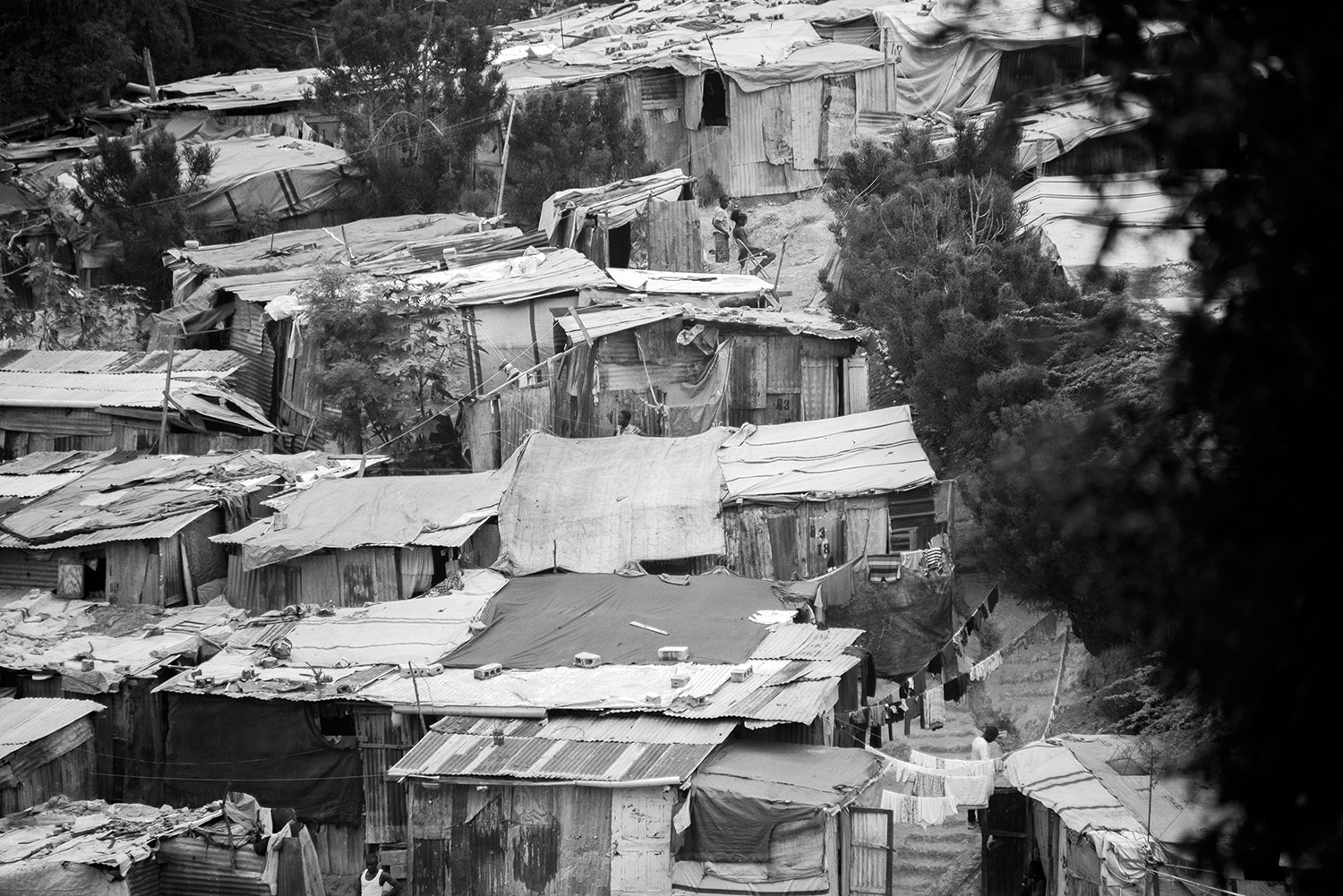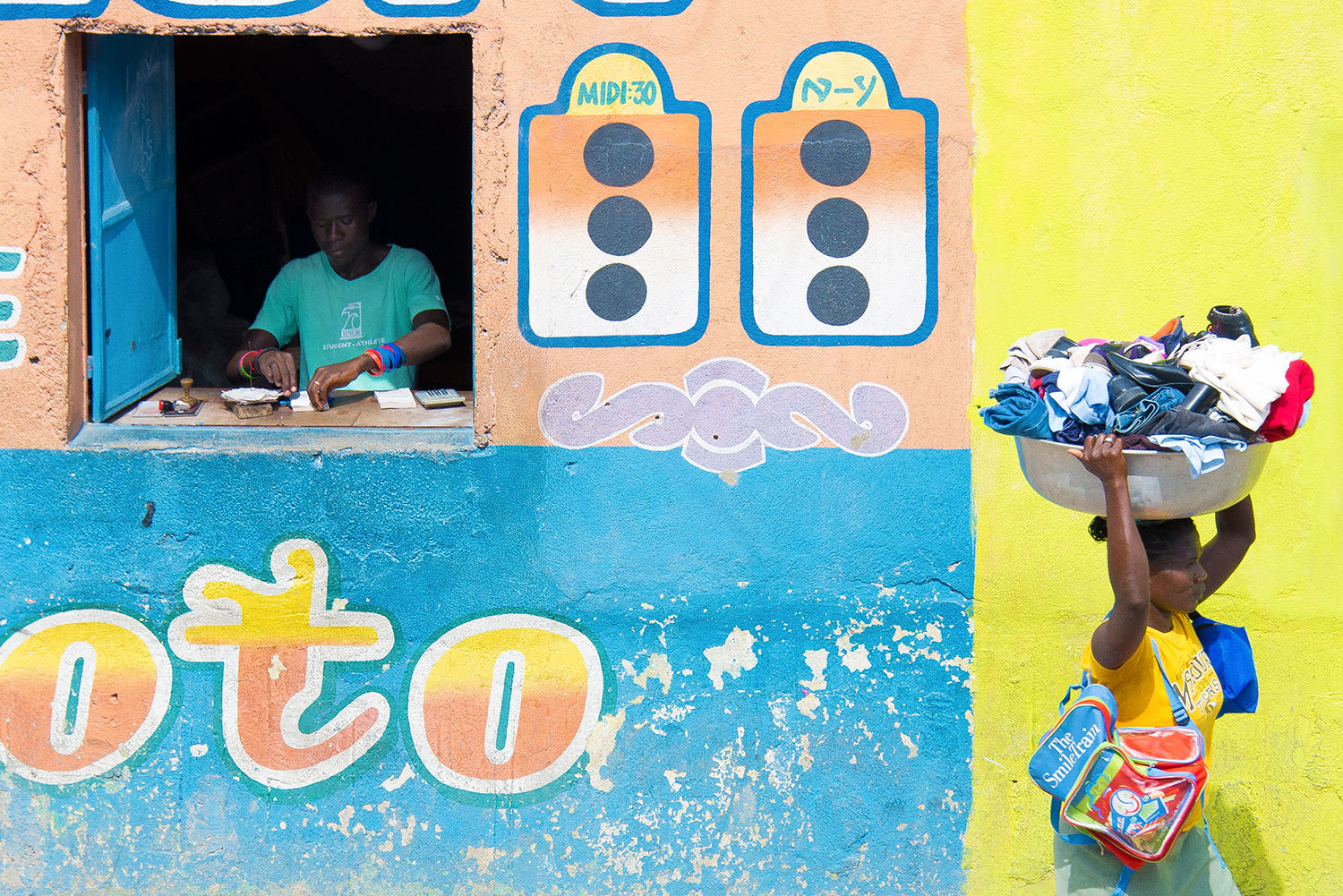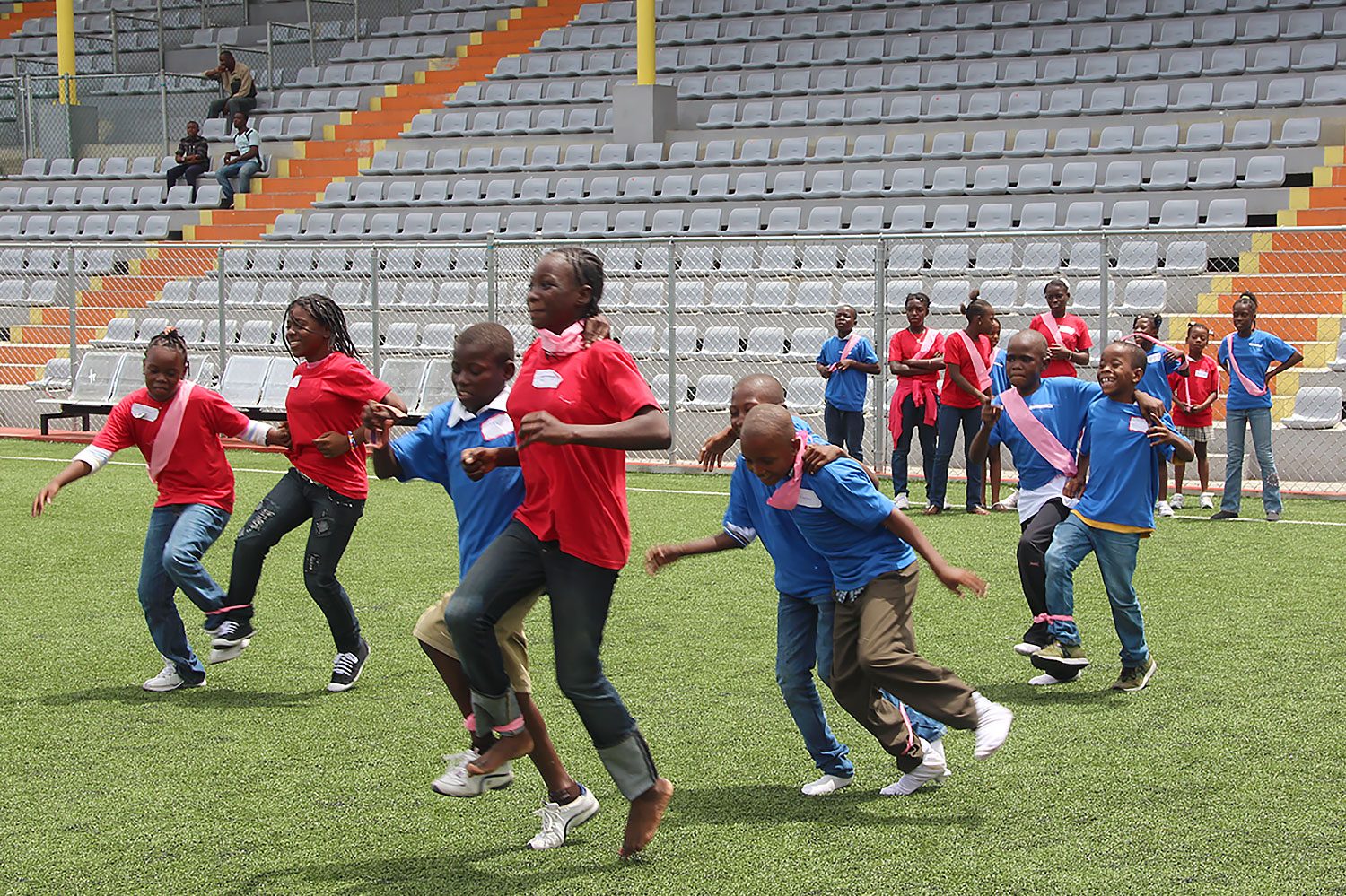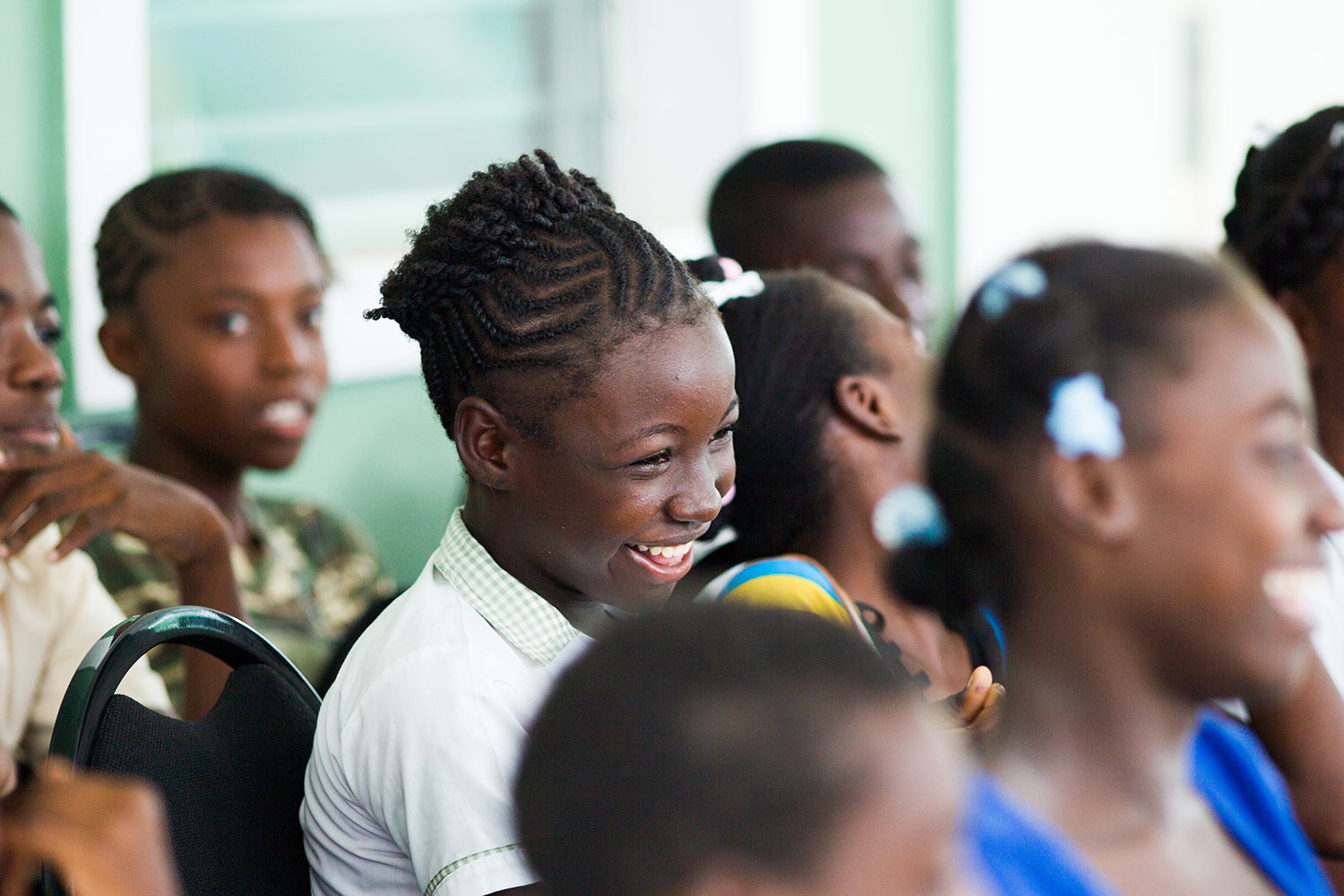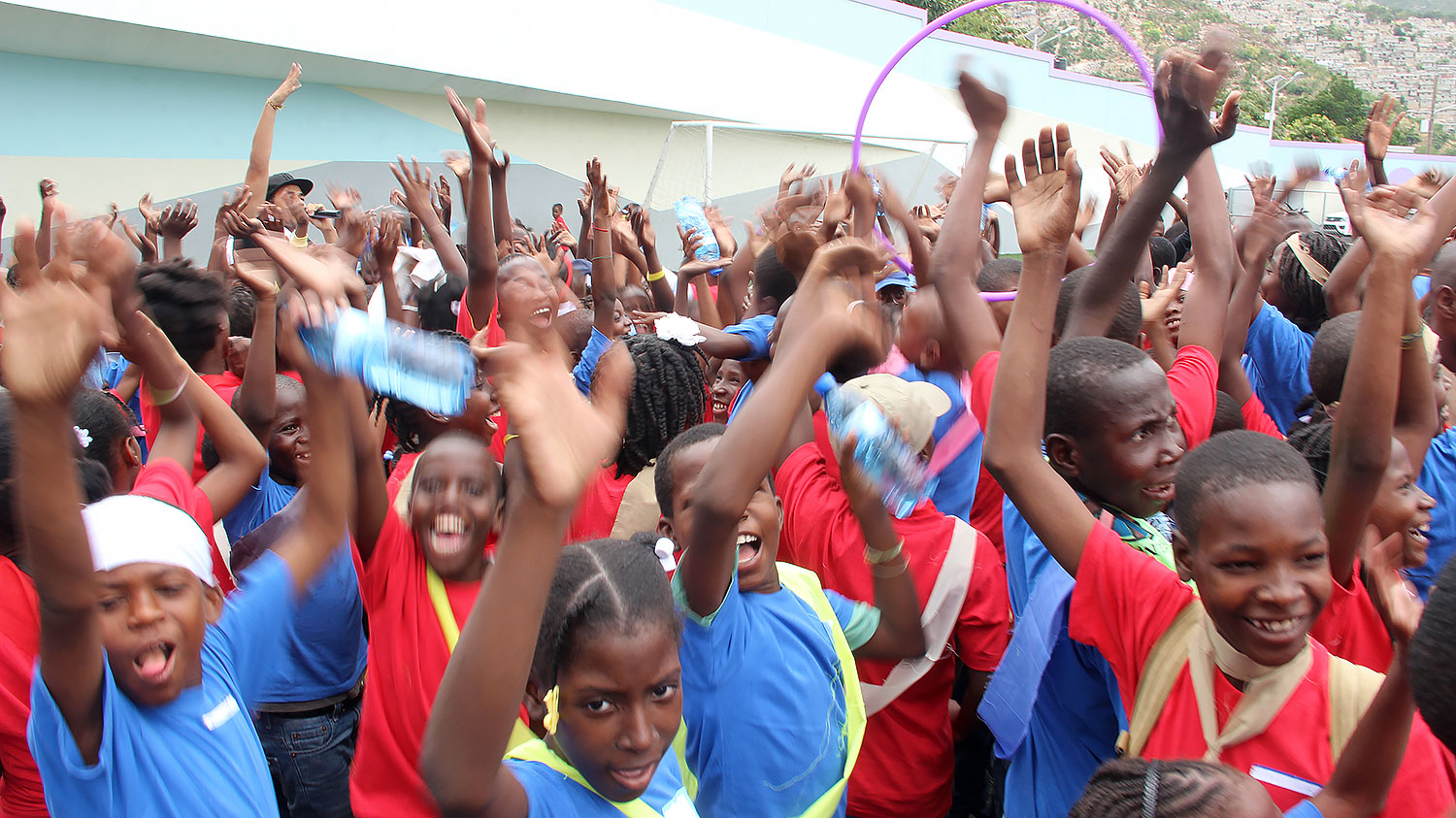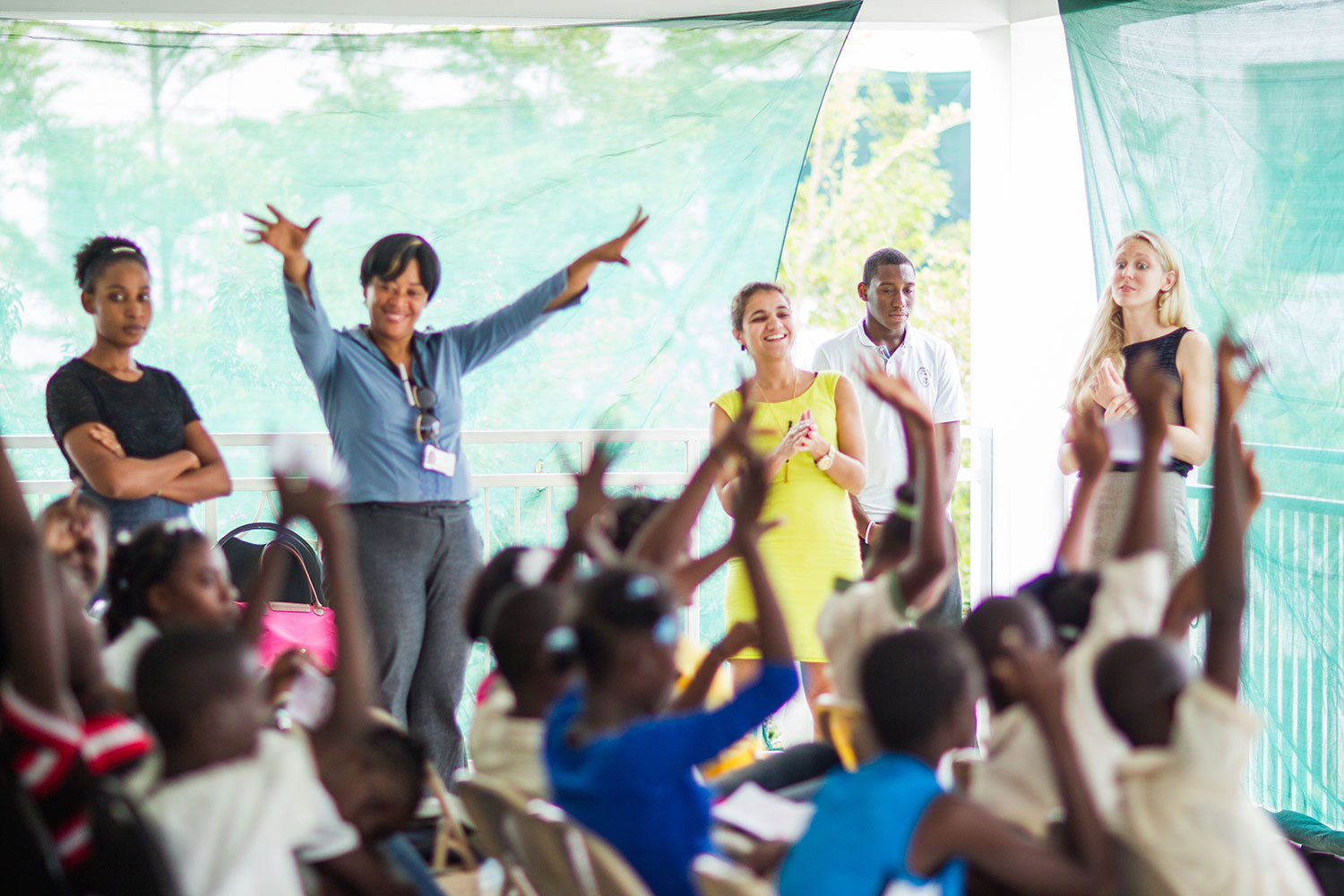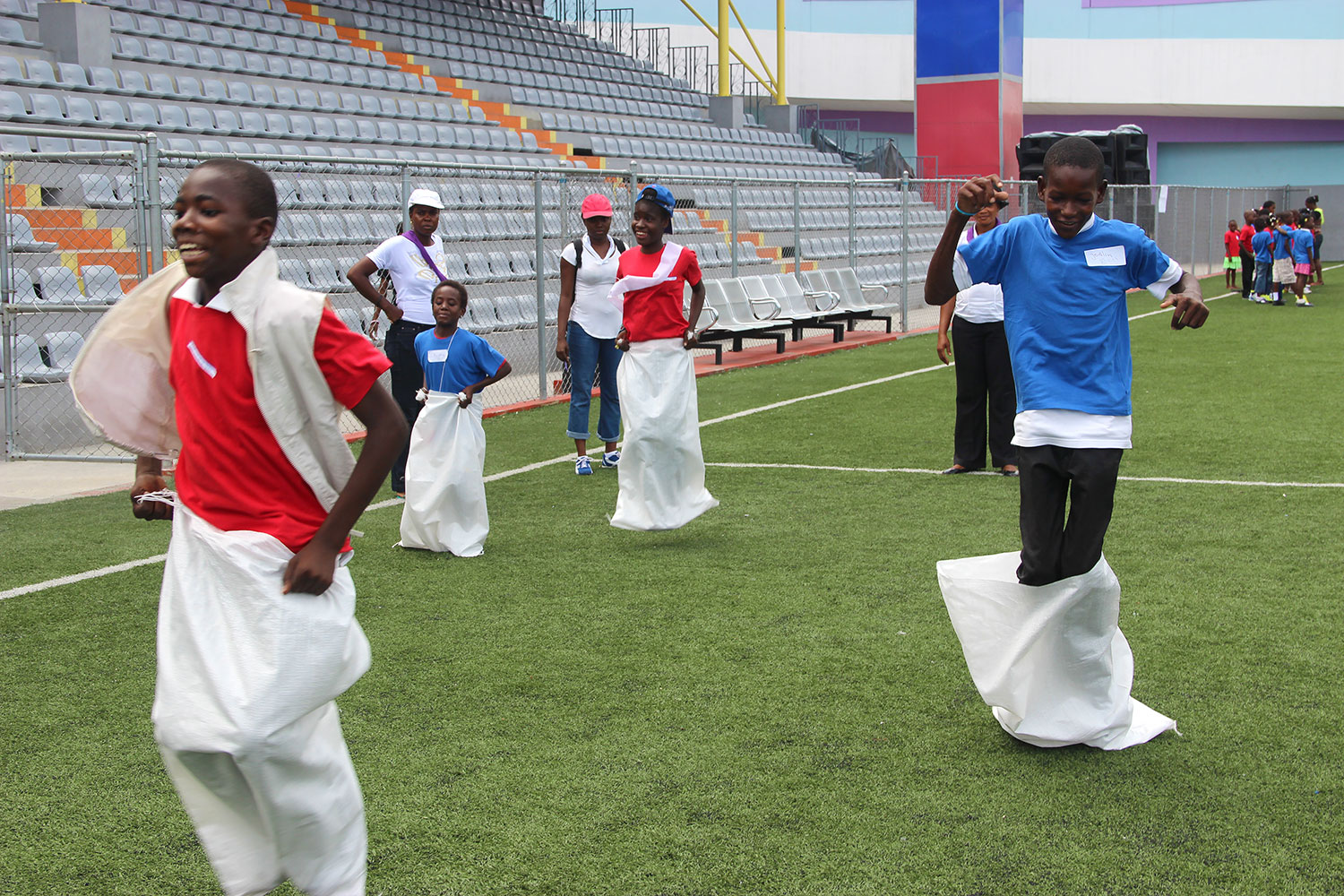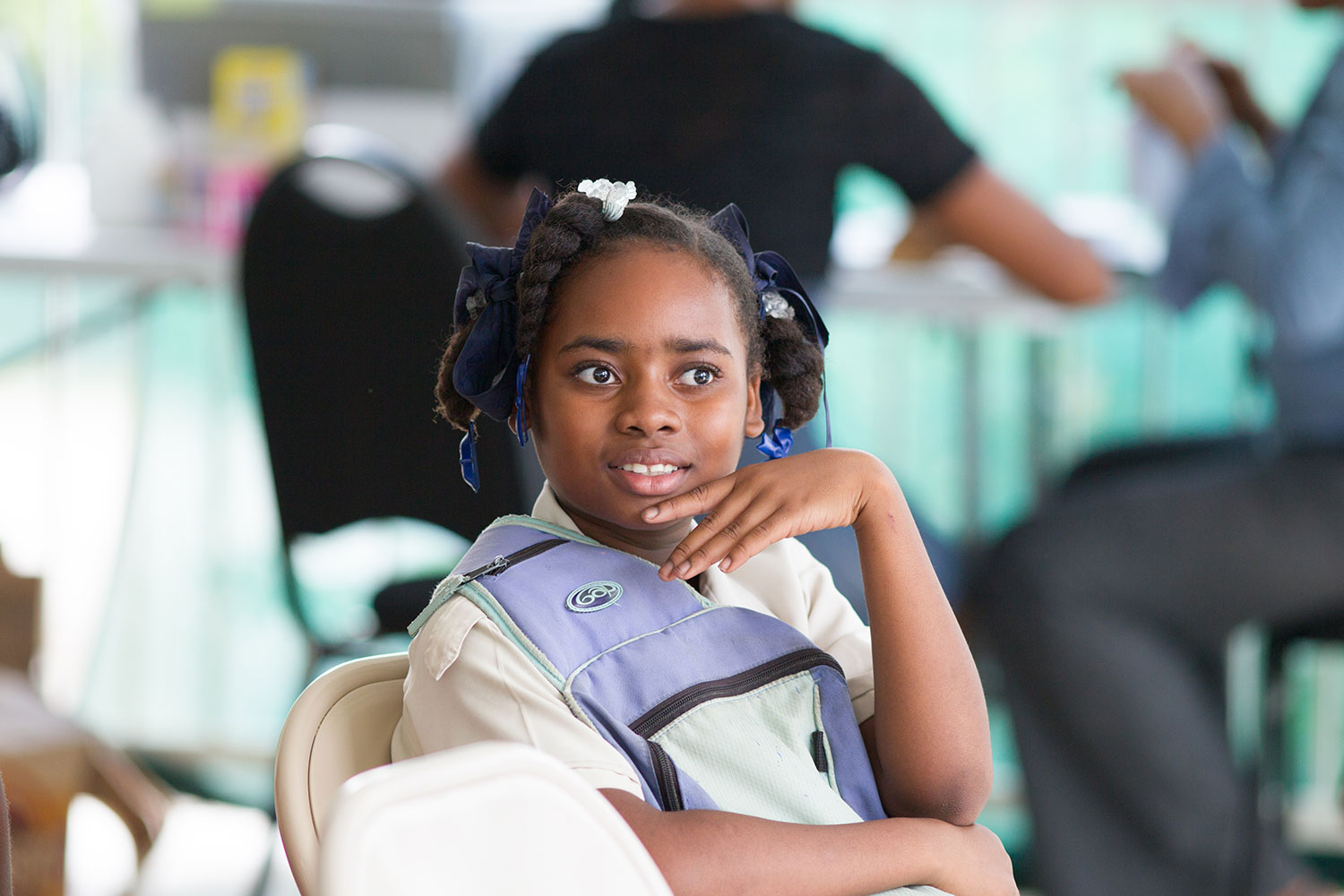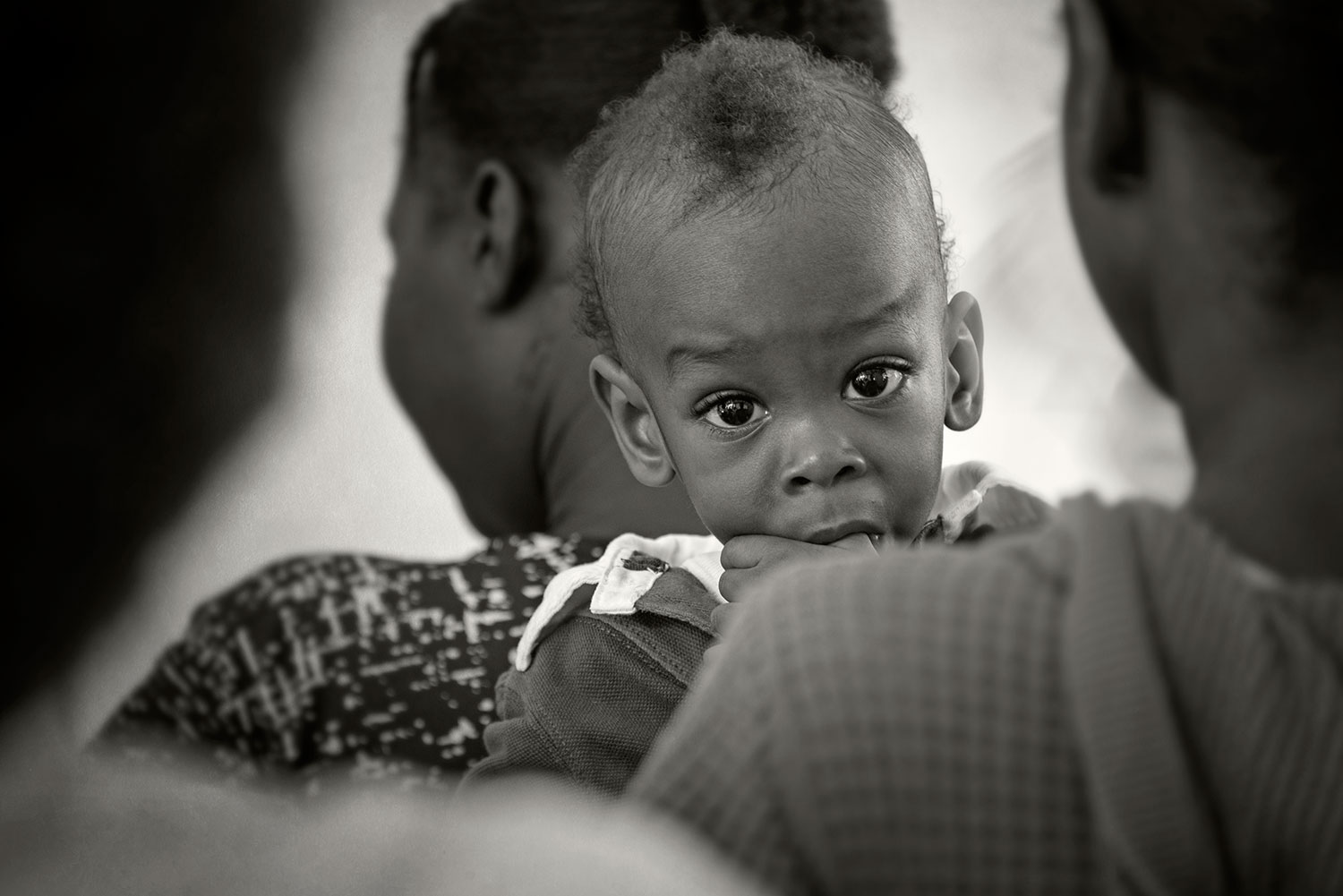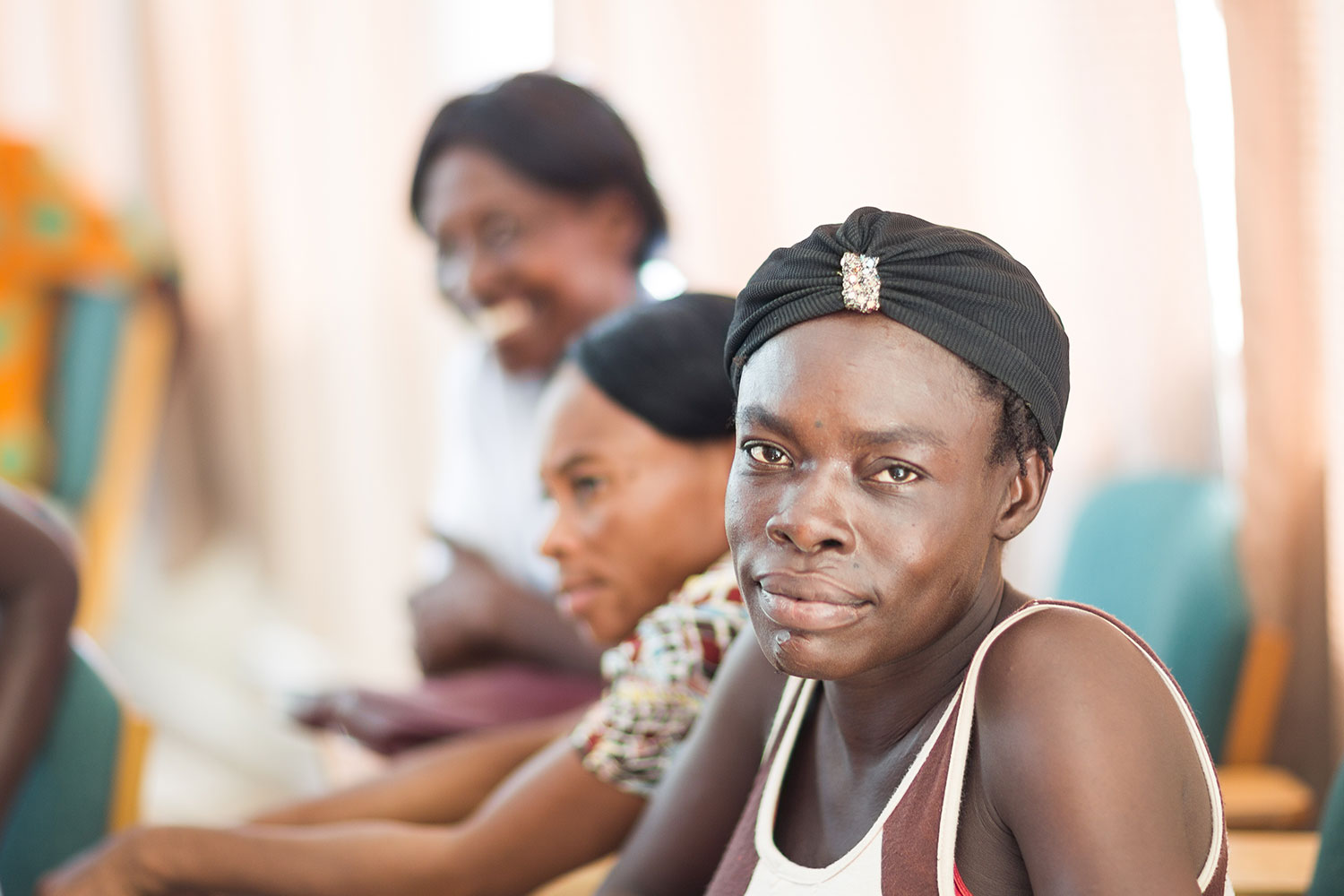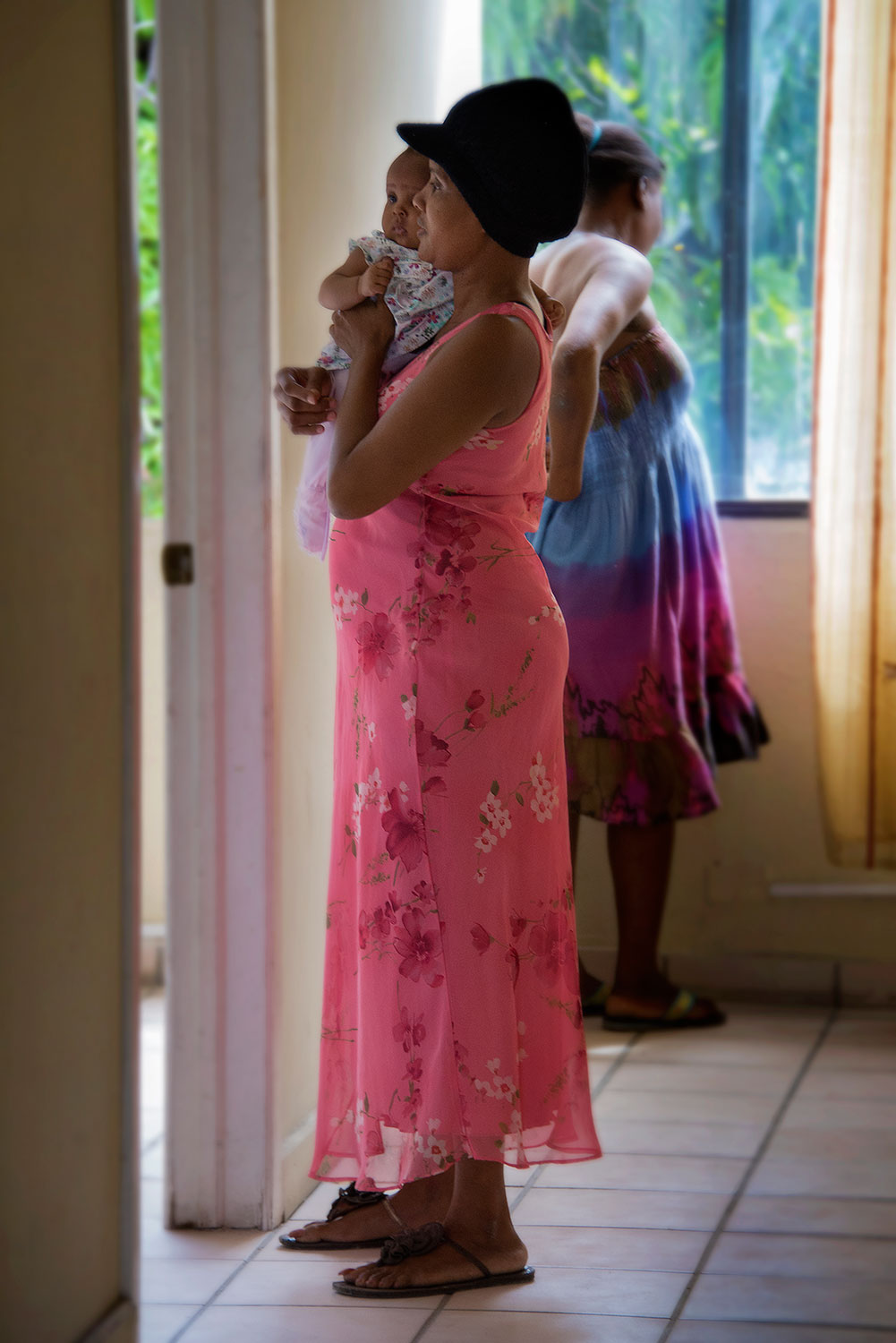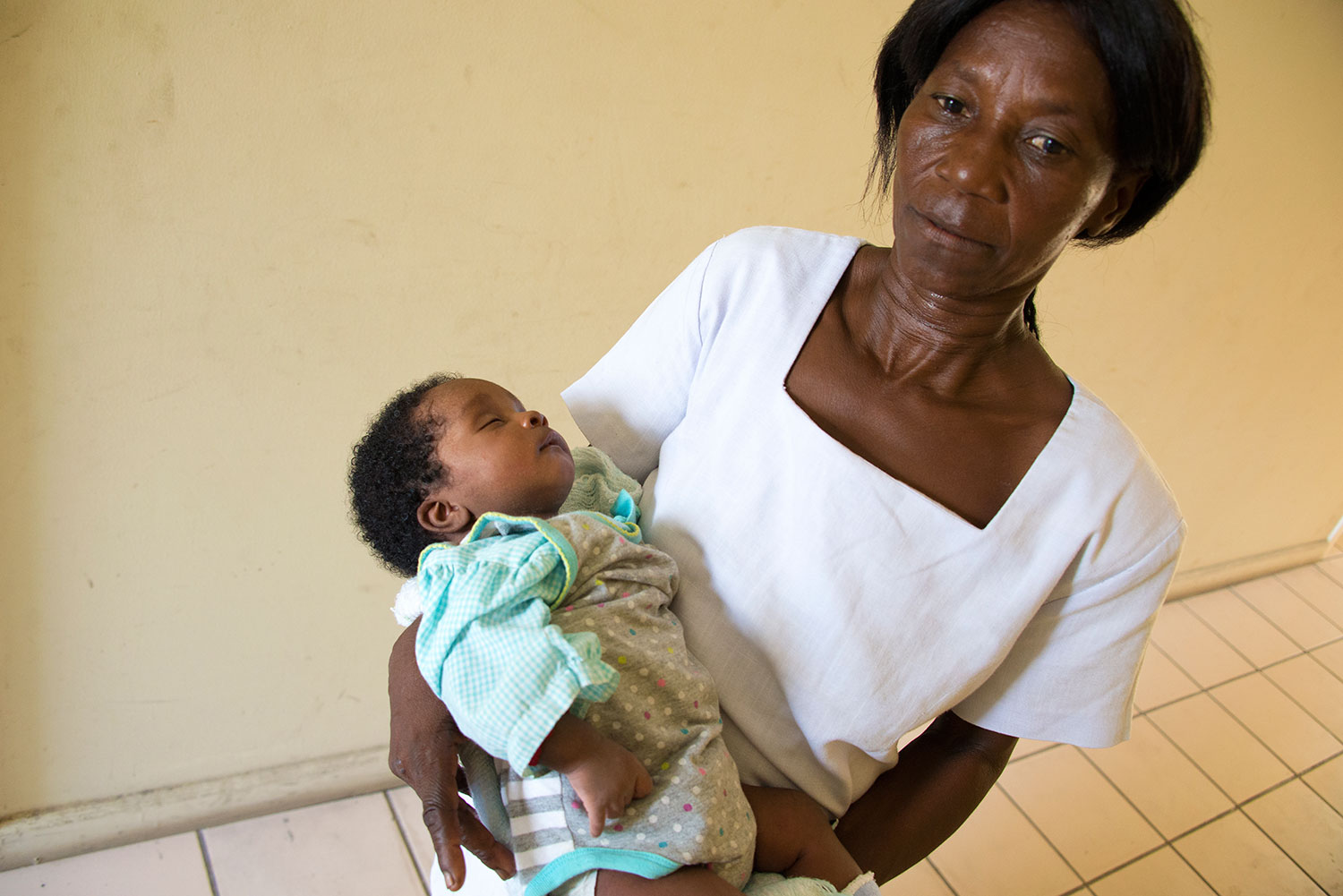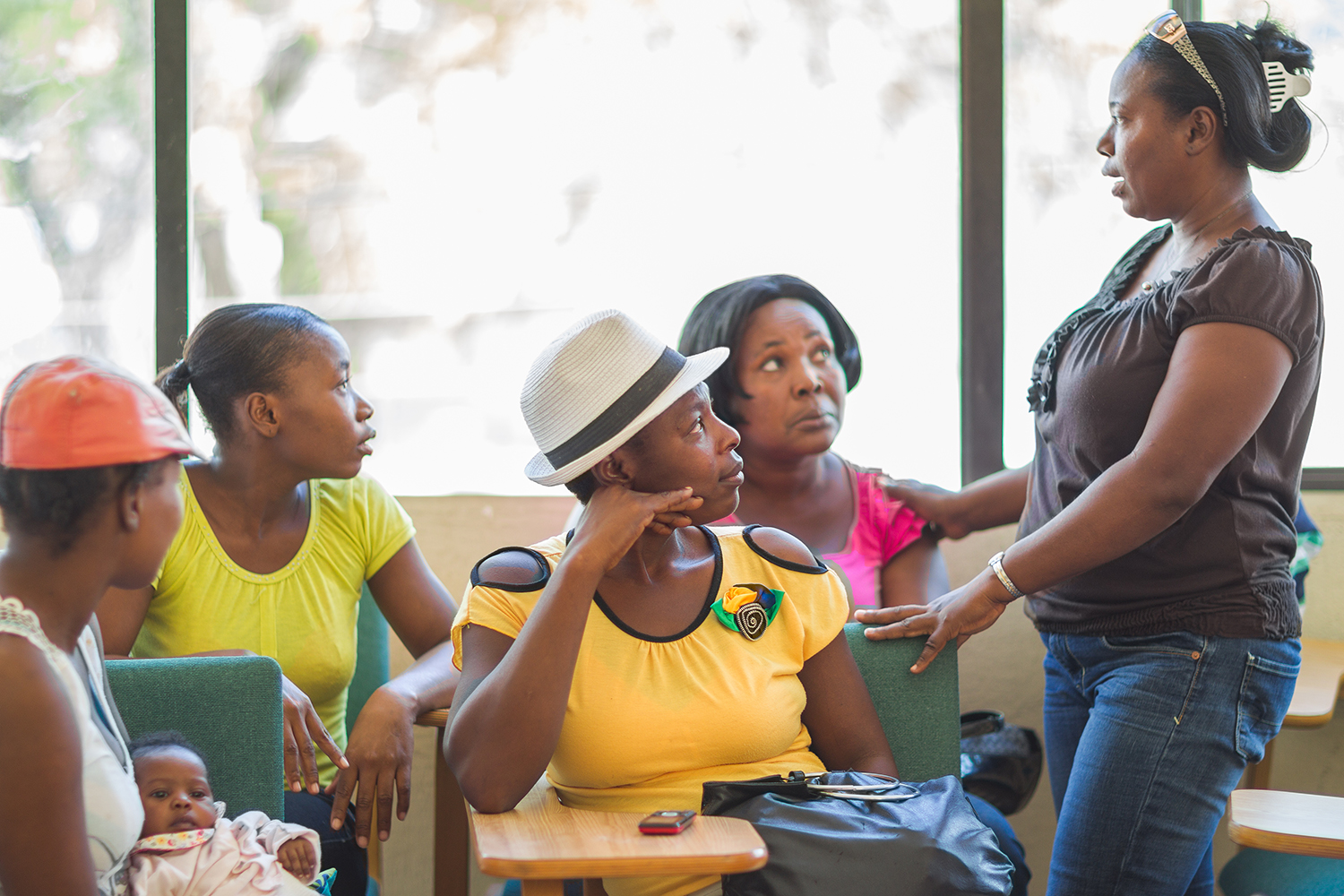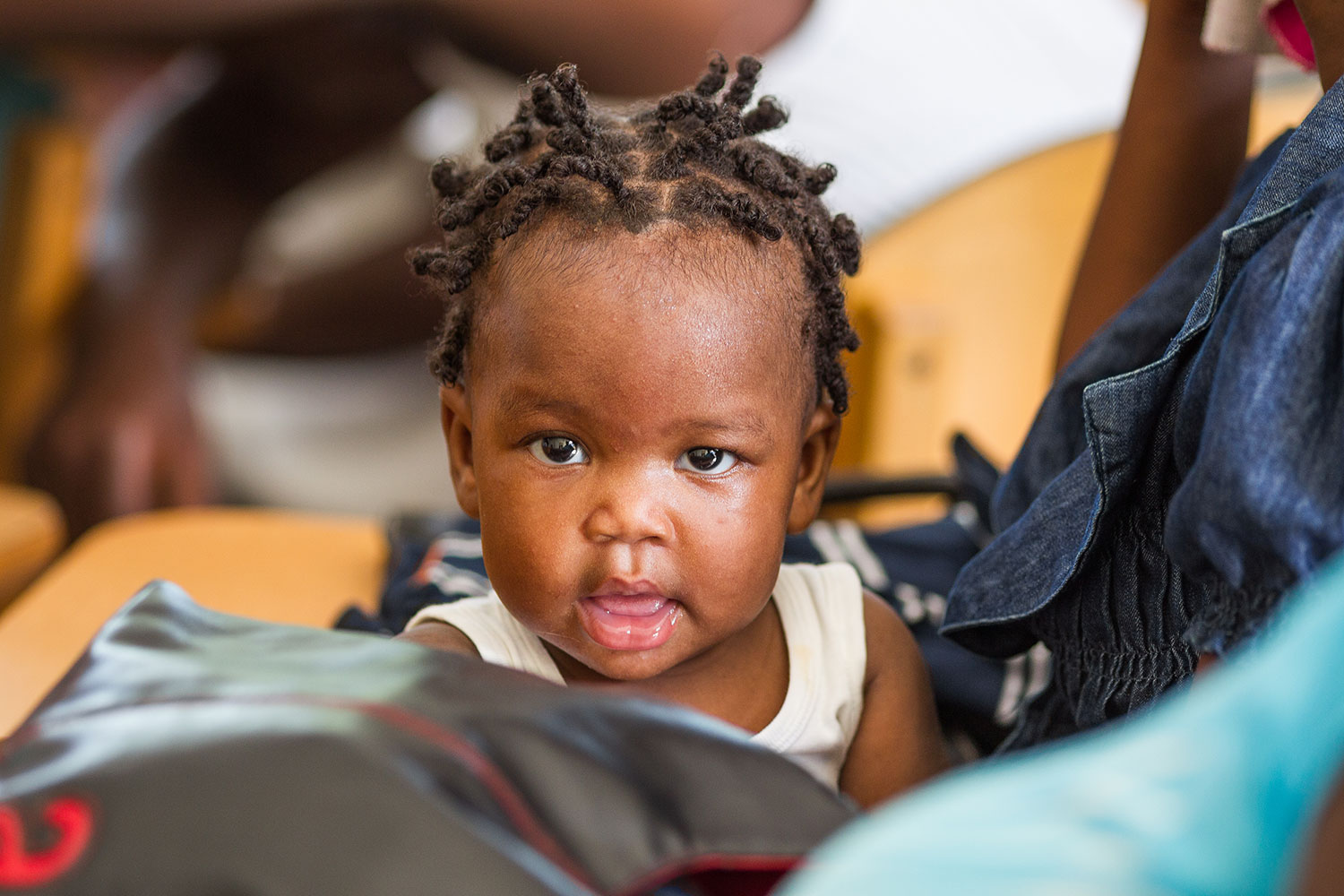








Mission & Background
Mission & Background
Mission
To support the happy and healthy development of children and families affected by HIV.
background
Caris began working in Haiti in 2007 with two hospitals working primarily in the field of Pediatric HIV. Activities were focused on Early Infant Diagnosis (EID) testing of children born to HIV positive mothers. Over the years Caris has continued to support the National EID program and Women and Children living with HIV in Haiti. The foundation currently supports over 140 hospitals in all 10 Provinces of the Country, including several remote islands and hard to reach districts. Caris has seven regional offices and over 240 staff who support our mission. Our network provides coverage to over 95% of the Haitian population. We work in close partnership with the Ministry of Health, the National Laboratory of Public Health and many other Hospitals and Organizations with similar missions in Haiti.
Our work has been supported by the United States Agency for International Development (USAID) and The US Presidents Emergency Plan for AIDS Relief (PEPFAR) since 2009. In 2013 Caris was asked by USAID/PEPFAR to develop a comprehensive plan for Orphans and Vulnerable Children (OVC) affected by HIV.
The Program is called “IMPACT YOUTH”.

Testing, Tracking & Follow-up
Testing, Tracking & Follow-up
PCR testing and follow-up of positive children
Caris Haiti’s objective is to test infants born to HIV positive mothers when they reach four weeks of age. The earlier they are tested, the higher the chance of survival if the result is positive. We support the commencement of life-saving Antiretroviral Treatment (ART) as soon as possible for positive infants. Since 2008 the Caris program has tested over 12,000 infants.
Tracking and Follow-up of pregnant HIV positive women
The Caris teams track all HIV positive women by obtaining monthly/bi-monthly lists of positive pregnant women enrolled at clinical sites. We ensure that they are placed on anti retroviral medication for life and that they attend hospital appointments on a monthly basis. Through home visits made by Caris health agents, we provide counseling to emphasize the importance of: adherence, giving birth at a hospital, prophylaxis medication for their newborn baby before three days of age and exclusive breastfeeding.
Follow-up of all HIV positive children 0-18
Caris Haiti tracks and assists the clinical follow-up of all HIV positive children from birth until 18 years of age. This includes ensuring that they attend their medical appointments regularly, adhere to treatment, receive the appropriate lab tests and maintain an appropriate weight. Caris monitors almost 4,000 HIV positive children monthly.

Kids Clubs
Kids Clubs
Kids clubs for HIV positive children
Caris has been running kids clubs since 2011. Clubs are run nationally with over 1,000 participants. All children in the clubs are HIV positive and between the ages of 9-17 years old. The clubs act as a confidential forum for young people to address any questions or concerns they may have. Caris teams work alongside hospital psychologists to assist with the disclosure of status to the children who are not yet aware that they are HIV positive. The clubs have a curriculum which covers key topics including: human rights, sexual health, hygiene and understanding their status. Our aim is to equip young people with the knowledge to take successful ownership of their illness so they can live healthy, happy lives and reach their full potential.

Mothers & Community Clubs
Mothers & Community Clubs
pregnant women, new mothers and mothers of children 0-5 years old
These clubs are run nationally for HIV positive women. There are currently 80 groups with over 3,300 participants. This is an opportunity for the women to meet together, share their experiences and for the Caris teams to dispel common myths that might be holding them back from making good decisions.
Community Clubs raise awareness of HIV and health related topics to youth
The community clubs are set up within established local church and youth groups. Caris teams have created a curriculum of health topics to help raise awareness of HIV, sexual health and other health issues. The team leaders of each club receive training and are able to deliver the lessons themselves.

School, Vocational & Microfinance
School, Vocational & Microfinance
School program of HIV positive children and their eligible siblings
One of the newest components for the Caris team is the school program through Caris/IMPACT. Approximately 7,000 HIV positive children and their siblings ages 6-18 years have been sent to school. Each child is given a book and uniform allowance. The Caris health agents perform visits to the home and school to ensure attendance and address any other problems. The grades of each child are evaluated to assess which children need additional support and if any are experiencing health problems affecting their progress.
Vocational training program for older children
The Caris/IMPACT program enrolls 100 Orphans and Vulnerable Children (OVC) who are between the ages of 18-24 and unable to find employment. Through partnering with local vocational training programs and individual organizations, Caris aims to find this group a means of earning an income.
Microfinance
In order to guide the most vulnerable out of poverty, Caris utilizes microfinance programs that help families caring for OVC become financially secure. Microfinance approaches are combined with Public Health interventions to reduce HIV stigma and teach HIV prevention at the community level. In the last two years Caris has enrolled over 15,000 people, mostly women, in Microfinance groups nationally. Together the participants have saved over 250,000 US dollars and have made three times this amount of loans.

Research
Research
national study
Working alongside the Haitian Ministry of Health, PEPFAR and other clinical partners, Caris is currently implementing a national study on HIV drug resistance in children. The results of this study will help guide policy on treatment for all HIV positive children in Haiti.
National Guidelines
Caris is a member of the Haitian Ministry of Health HIV Cluster. This panel of experts assists with the development of the National Pediatric Guidelines for children living with HIV and the planning of related services.

Leadership
Leadership
Nathaniel Segaren
COUNTRY DIRECTOR
After medical school at Cambridge University, Nat completed his residency in Pediatrics at Guy’s and St. Thomas’ Hospitals in London. He is a member of the Royal College of Pediatrics and Child Health. As a Fulbright Scholar he completed an MBA and an MPH at Johns Hopkins. He helped to initiate the Caris Foundation’s activities in Haiti which have grown from supporting one hospital to over 125 clinical sites in every province of the country. His research interest is focused on efforts to reduce Mother To Child transmission of HIV and to improving the outcomes of children and families living with the disease.
Tessa Lewis
PROGRAM DIRECTOR
Tessa grew up in the UK and graduated with a BA hons. in French and Italian from Leicester University. After living in France and Italy, she returned home to complete a Masters in PR. In 2007 she moved to Haiti as Program Director of the Caris Foundation where she has overseen the development of the organization’s activities. Tessa helped guide Caris from a two-person team to an organization of over 150 staff and seven regional offices. Tessa launched Kids Clubs and Mothers Clubs that provide invaluable education and psychological support to over 700 adolescents and 2000 mothers living with HIV. She developed curriculums that support these vulnerable groups to live positively and to realize their potential.
Elektra Carras-Terzian
DIRECTOR OF M&E AND ECONOMIC STRENGTHENING
Elektra was born and raised in New York City to French-Greek parents. After studying Pre-medical sciences at Johns Hopkins University, she landed a position at Columbia University working for the HIV Vaccine Trials Network. She then decided to pursue an MPH in Epidemiology at the Mailman School. Elektra joined the Caris Foundation in 2012 based in Cap Haitien and has since become the manager for the North operations and a specialist in Monitoring and Evaluation. Her position has enabled her to manage a team of health professionals, data systems, and master Creole. She is also managing a Haitian traditional music band, Mizikannou.

Training Resources
Training Resources
HIV PCR/dried blood spot test
The following media resources provide basic training in the performance of a PCR (Polymerase Chain Reaction) or Dried Blood Spot Test. If you have any questions, please email us by clicking here.
test sheet
French – Example Test Sheet – Download Pamphlet – PDF
using tablets for children
Haitian Creole – Training Sheet – Download Pamphlet – PDF


